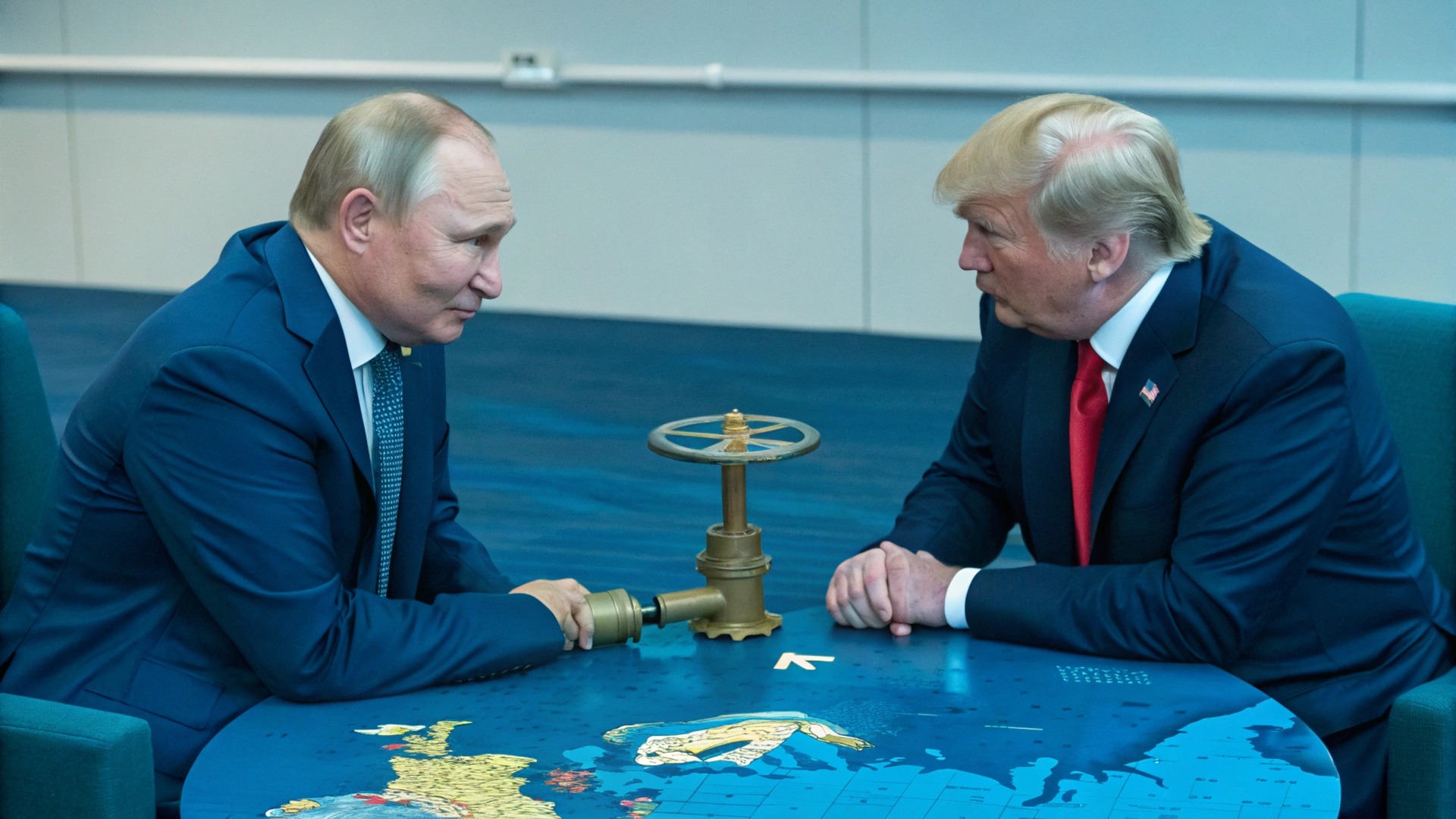-
Negotiations between the U.S. and Russia over Ukraine place the EU before a strategic dilemma
-
Europe faces a triple energy dilemma: opting for cheap Russian gas supplies, deepening its dependence on the United States, or strengthening its own strategic autonomy.
-
Altering decarbonization plans would send contradictory signals to companies and industries investing in decarbonization, electrification, and renewable gases to remain competitive.
Among the potential consequences of a possible end to the conflict between Russia and Ukraine, one that particularly stands out to European industry is how this new framework could influence energy management and the industrial decarbonization process.
The mere possibility that Trump and Putin might decide to reopen the tap on Russian gas presents a new dilemma for European authorities and, by extension, for industry, which, as we have previously discussed, increasingly relies on cheap, guaranteed, and sustainable (in the broadest sense of the word) access to energy.
It is undeniable that the conflict between Ukraine and Russia has had global repercussions on energy markets. A potential peace agreement could transform the dynamics of energy prices and access. In fact, following the announcement of talks between Trump and Putin, natural gas prices in Europe dropped by up to 8.2%, suggesting that the resumption of Russian gas flows might be imminent.
A possible end to the conflict (which, of course, everyone hopes for) could help increase energy supplies. However, this situation presents a dilemma for the EU: resuming dependence on Russian gas could contradict its efforts to achieve energy independence through renewable sources. This dilemma could become even more critical given the upcoming German elections this Sunday.
The internal debate on strategic autonomy, and specifically on energy management’s role in achieving it, has only just begun. Moves such as the potential lifting of sanctions on Russia, allowing the reopening of the cheap Russian natural gas pipeline, generate uncertainties that extend beyond politics and into the daily operations of factories, workshops, and other industrial facilities. The decision on how to reintegrate Russia into European markets or strengthen ties with the U.S. could have direct repercussions on the EU’s energy transition management.
However, reducing the issue to the consequences of Russian gas returning is an oversimplification. The reality is that Europe has always been in a vulnerable position, regardless of the international situation: Russian gas has been replaced by LNG from the U.S., albeit at a higher cost. Currently, Europe accounts for no less than 55% of U.S. LNG exports.
The mere possibility of altering decarbonization plans would send mixed signals to companies and industries betting on decarbonization, electrification, and renewable gases to stay competitive. It would also create, to put it bluntly, great uncertainty: what industry wouldn’t question whether following the green path is truly worthwhile?
Between Russia and the U.S.: Strategic Autonomy?
Energy geopolitics will shape both the economy and diplomacy. The potential end of the Ukraine-Russia conflict could significantly impact energy prices by stabilizing markets through the reactivation of gas and oil flows. In this scenario, Europe faces three choices: opting for cheap Russian gas supplies, increasing its dependence on the United States, or strengthening its own strategic autonomy.
Faced with these options, Europe’s roadmap seems clear, as suggested by initiatives such as the Competitiveness Compass, the Clean Industrial Pact, or the Decarbonization Acceleration Law. However, it is essential not to underestimate potential threats along the way, which, like siren songs, could divert Europe from its chosen path by offering arguments like lower natural gas prices. Let’s not forget that natural gas accounted for 40% of the EU’s energy supply before the Ukraine conflict.
This is a critical moment for the EU to reinforce its goal of achieving strategic autonomy to reduce dependence on major powers. While stabilizing gas and oil prices could ease the pressure to invest in clean energy, there is a risk that some countries might slow down the energy transition, leading to internal divisions. A clear example could be Germany, one of Europe’s largest importers, which will hold elections this Sunday.
From an industry perspective, the key question is: Are we truly benefiting from following the decarbonization path, or is it merely an imperative that could lead to a loss of competitiveness? The question may seem politically incorrect, but European authorities would do well to answer it with solid arguments before businesses lose faith in this process, lured by the siren call of cheaper and guaranteed energy supply.

